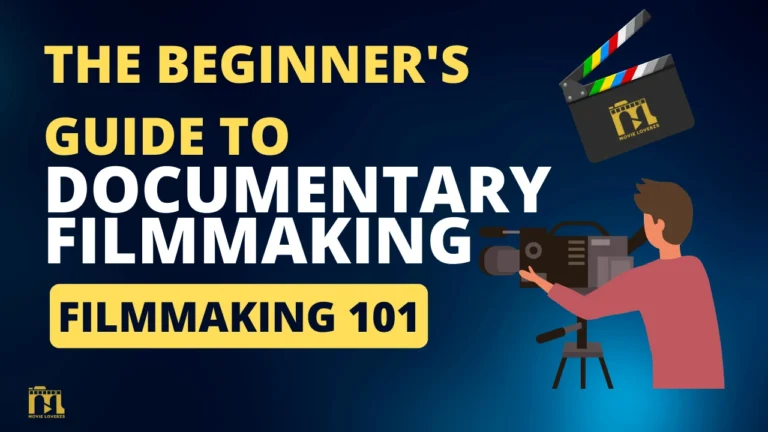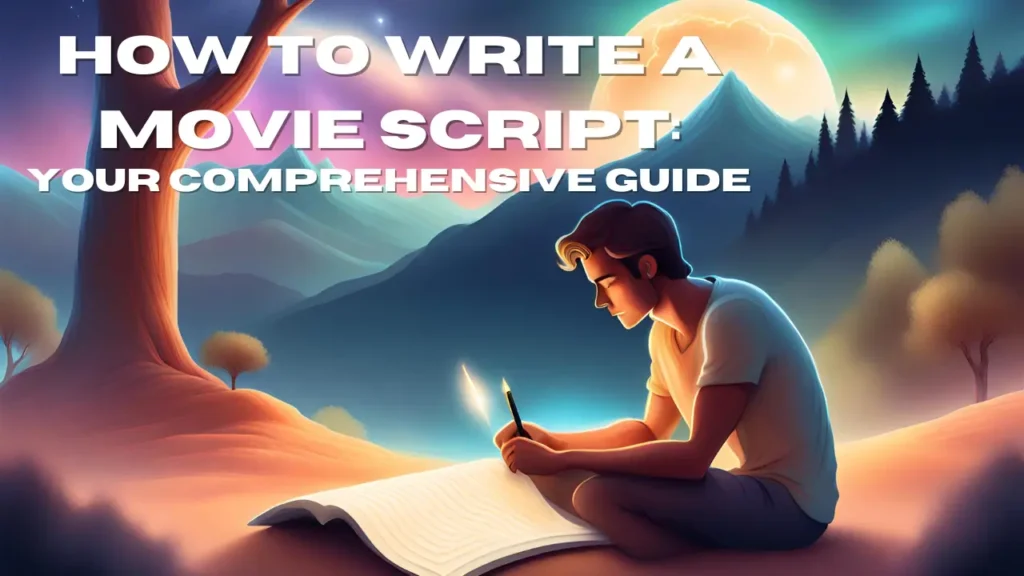Table of Contents
ToggleDocumentary filmmaking is an art that has the power to move, inspire, and educate viewers. It offers a unique perspective on the world and can shed light on important issues that are often overlooked.
However, getting started with documentary filmmaking can be intimidating, especially for beginners. In this article, we will explore The Beginner’s Guide to Documentary Filmmaking, and provide you with everything you need to know to get started on your emotional journey.
What is Documentary Filmmaking?
Before we dive into the details of documentary filmmaking, let’s first define what it is. A documentary is a non-fiction film that aims to educate, inform, and entertain viewers. It typically explores a specific subject or issue and offers a unique perspective on the topic.
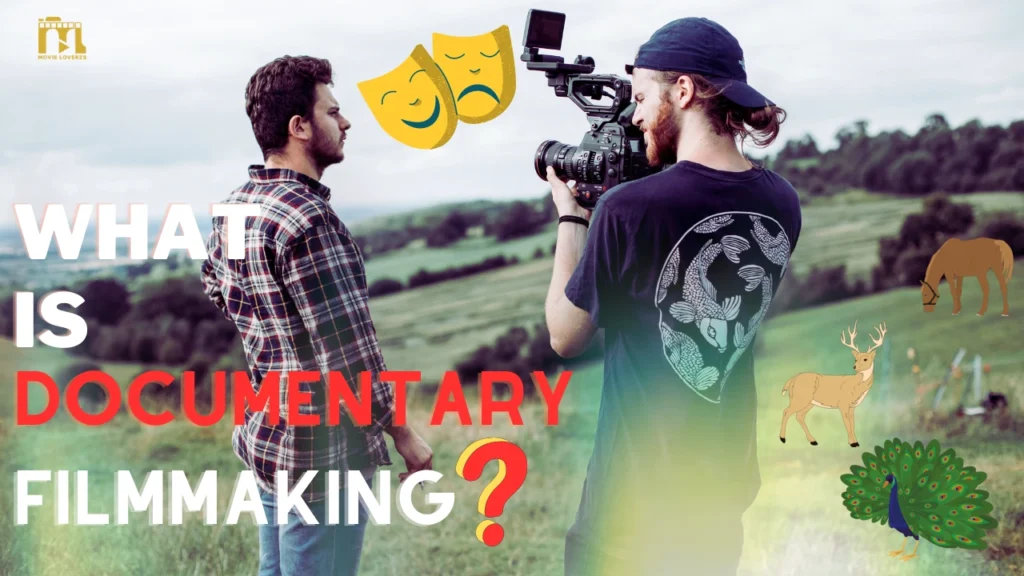
Documentary filmmaking is the process of creating a documentary. It involves researching the subject, planning and organizing the production, shooting footage, editing the film, and distributing it to audiences.
Getting Started
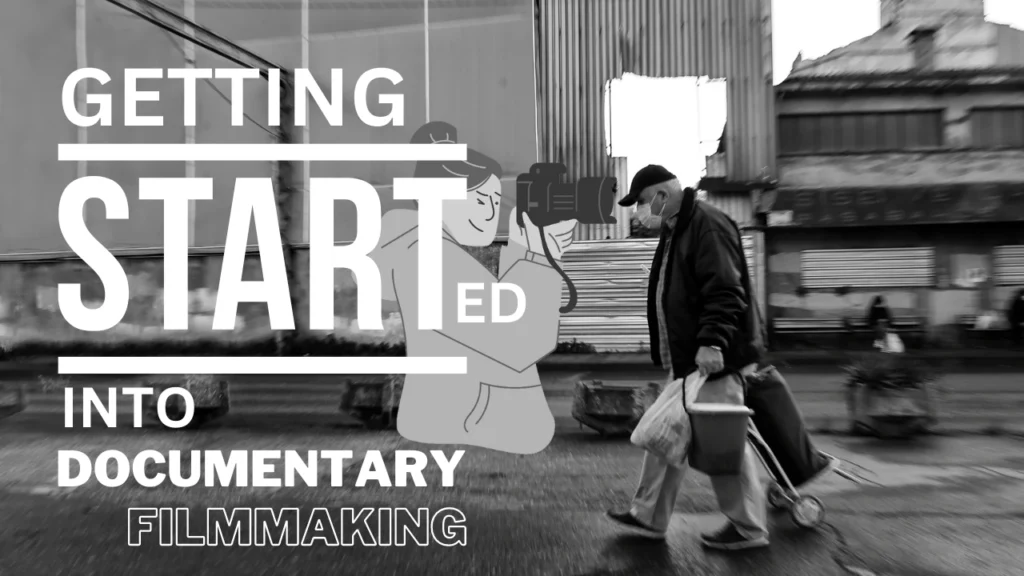
If you are new to documentary filmmaking, there are a few things you should keep in mind before getting started.
1. Choose Your Subject
The first step in creating a documentary is choosing your subject. This can be anything from a person or event to a social issue or environmental problem. It’s important to choose a subject that you are passionate about and that will resonate with your audience.
2. Research Your Subject
Once you have chosen your subject, it’s important to research it thoroughly. This will help you understand the topic and identify key issues that you want to explore in your film. Research can involve reading books, watching documentaries, conducting interviews, and attending events related to your subject.
3. Develop Your Story
Once you have researched your subject, it’s time to develop your story. This involves identifying the key themes and issues you want to explore in your film and deciding on the narrative structure. Your story should be engaging, informative, and emotionally compelling.
4. Plan Your Production
After you have developed your story, it’s time to plan your production. This involves identifying the equipment you will need, the locations you will shoot at, and the people you will interview. It’s important to create a detailed production plan to ensure that everything runs smoothly on the day of the shoot.
5. Shoot Your Footage
Once you have planned your production, it’s time to shoot your footage. This involves capturing interviews, b-roll footage, and any other footage you need to tell your story. It’s important to be organized and efficient on the day of the shoot to ensure that you capture everything you need.
6. Edit Your Film
After you have shot your footage, it’s time to edit your film. This involves selecting the best footage, arranging it into a narrative, and adding music and sound effects. It’s important to have a clear vision for your film and to make sure that your editing enhances the story.
7. Distribute Your Film
Once you have edited your film, it’s time to distribute it to audiences. This can involve submitting your film to film festivals, posting it online, or screening it at community events or in theaters. The goal is to get your film in front of as many people as possible so that you can share your story and raise awareness about your subject.
The Importance of Emotion in Documentary Filmmaking
Emotion is an essential element of documentary filmmaking. A film that doesn’t evoke emotions in its viewers is unlikely to have a lasting impact. As a filmmaker, your goal should be to create a film that engages viewers emotionally and inspires them to take action.
There are several ways to create emotion in a documentary film. One of the most effective is through the use of personal stories. Personal stories are relatable and can help viewers connect with the subject on a deeper level.
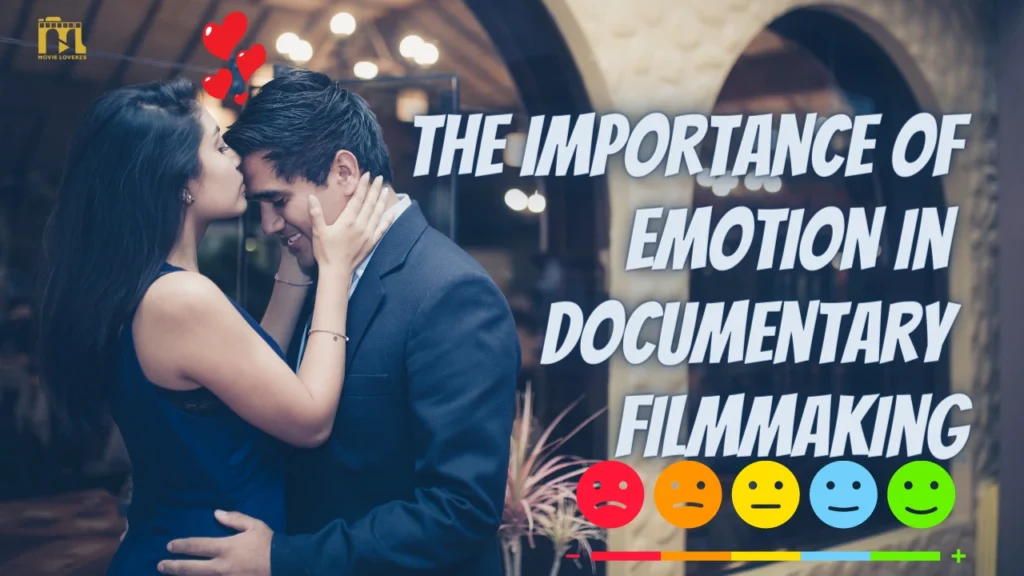
Another way to create emotion in a documentary is through the use of music. Music has the power to evoke emotions in viewers and can help to enhance the emotional impact of your film.
Finally, the way you edit your film can also have a significant impact on its emotional impact. By carefully selecting footage, arranging it into a compelling narrative, and adding music and sound effects, you can create a film that is emotionally engaging and impactful.
FAQs
Do I need expensive equipment to make a documentary?
No, you don’t need expensive equipment to make a documentary. Many filmmakers have created impactful films using just a smartphone camera. While high-quality equipment can help to improve the overall quality of your film, it is not essential.
How long should my documentary be?
The length of your documentary will depend on the subject and the story you are trying to tell. Some documentaries are just a few minutes long, while others can be several hours. As a beginner, it’s a good idea to start with a shorter film and work your way up to longer films as you gain more experience.
How do I find subjects for my documentary?
There are many ways to find subjects for your documentary. You can start by researching topics that interest you and attending events related to those topics. You can also reach out to organizations or individuals who are working on issues related to your subject.
How do I fund my documentary?
There are several ways to fund a documentary. You can apply for grants, crowdfund your film, or seek sponsorship from organizations or individuals who are interested in your subject.
How do I get my film seen by audiences?
There are several ways to get your film seen by audiences. You can submit your film to film festivals, post it online, or screen it at community events or in theaters. It’s important to create a distribution plan that targets the audiences you want to reach.
How can I make my film emotionally impactful?
To make your film emotionally impactful, focus on creating a compelling story that engages viewers on a personal level. Use personal stories, music, and careful editing to create a film that evokes emotions and inspires viewers to take action.
Conclusion
Documentary filmmaking is a powerful tool that can be used to educate, inform, and inspire audiences. As a beginner, it’s important to start with a solid foundation of knowledge and skills. This guide has provided you with everything you need to get started on your documentary filmmaking journey.
Remember, the most important aspect of documentary filmmaking is the story you tell. Focus on creating a compelling, emotionally impactful story that engages viewers and inspires them to take action. With dedication and hard work, you can create a documentary that has a lasting impact on the world.
So, what are you waiting for? Embark on your documentary filmmaking journey today and let your voice be heard.

